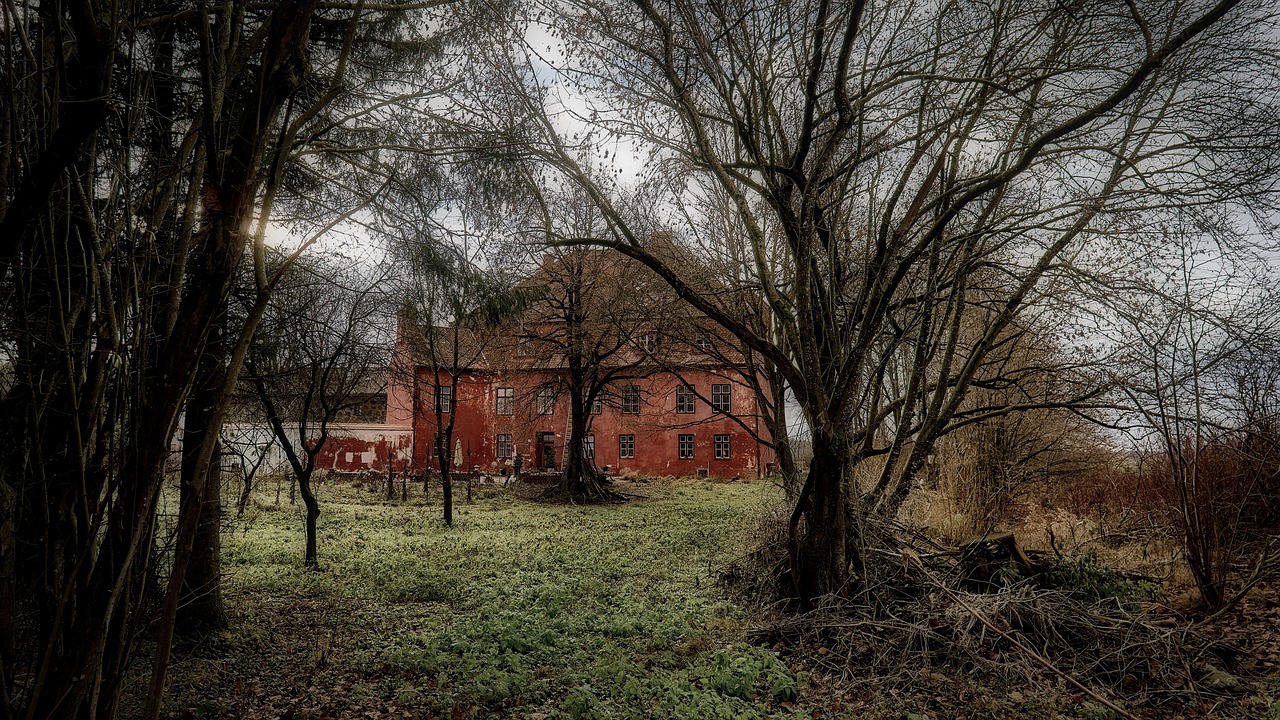For Fame and Fashion
The Cannibalism of Creatives in Chuck Palahniuk’s Haunted (2005) and Nicolas Winding Refn’s The Neon Demon (2016)
DOI:
https://doi.org/10.31273/eirj.v7i2.458Keywords:
Cannibalism, Capitalism, Marxism, Horror, Film, LiteratureAbstract
This research explores the ways cannibalism in Chuck Palahniuk’s novel Haunted (2005) and Nicolas Winding Refn’s film The Neon Demon (2016) are a consequence, and reflective, of the consuming nature of creative industries. The research draws from this exploration that the consumptive characteristics of cannibalism often allegorise the processes and careers of artists. Specifically, the sacrificial nature of putting oneself into one’s work, the notion of the tortured artist, and the competitive nature of creative industries, where the hierarchy is ascended through others’ losses.
In the framing narrative of Haunted, seventeen writers are trapped within an isolated writing retreat under the illusion of re-enacting the Villa Diodati and writing their individual masterpieces. When inspiration fails them, they sabotage their food supply in order to enhance their suffering, and thus their eventual memoirs. The writers turn to cannibalism, not only to survive but to remove the competition. By consuming each other, they attempt to manufacture themselves as ‘tortured artists’, competing to create the most painful story of the ‘writing retreat from hell’.
In The Neon Demon, the protagonist, Jesse, begins as an innocent young woman who becomes embroiled in the cutthroat modelling industry. Favoured for her natural beauty, Jesse antagonises her fellow models, developing narcissistic tendencies in the process. At the film’s end she is cannibalised by these rivals, indicating the industrial consumption of her purity, the restoration of individual beauty by leeching off of the young, and the retaining of the hierarchy by removing the competition.
Employing close readings of both literary and cinematic primary source material, this interdisciplinary study investigates a satirical trend within cultural representations of cannibalism against consumptive and competitive creative industries. In each text, cannibalism manifests as a consequence of these industrial pressures, as the desire for fame forces people to commit unsavoury deeds. In this regard, cannibalism acts as an extreme extrapolation of the dehumanising consequences of working within this capitalist confine.
Downloads

Downloads
Published
Issue
Section
License
Authors who publish with this journal agree to the following terms:
Authors retain copyright and grant the journal right of first publication with the work simultaneously licensed under a Creative Commons Attribution License (CC-BY), which permits use and redistribution of the work provided that the original author and source are credited, a link to the license is included, and an indication of changes which were made. Third-party users may not apply legal terms or technological measures to the published article which legally restrict others from doing anything the license permits.
If accepted for publication authors’ work will be made open access and distributed under a Creative Commons Attribution (CC-BY) license unless previously agreed with Exchanges’ Editor-in-Chief prior to submission.
Authors are able to enter into separate, additional contractual arrangements for the non-exclusive distribution of the journal's published version of the work (e.g., post it to an institutional repository or publish it in a book), with an acknowledgement of its initial publication in this journal.
Authors are permitted and encouraged to post their work online (e.g., in institutional repositories or on their website) prior to and during the submission process, as it can lead to productive exchanges, as well as earlier and greater citation of published work. (see: The Effect of Open Access)
